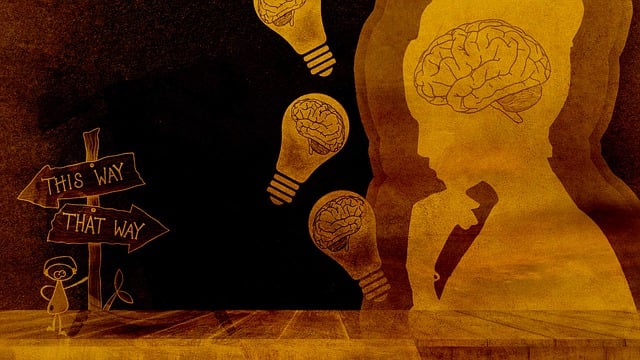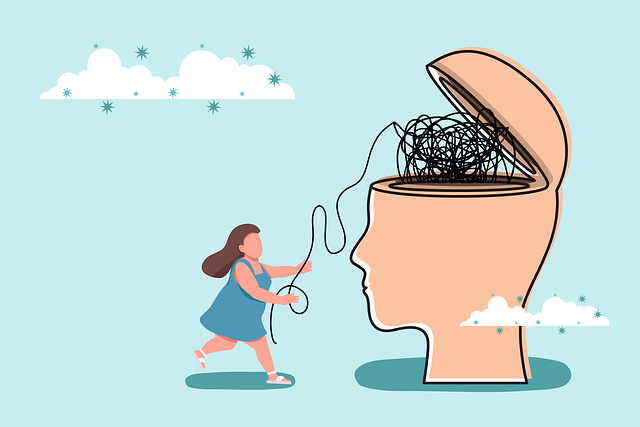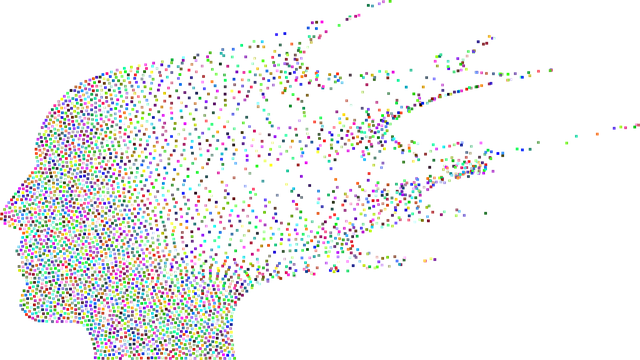Analyzing mental health data through robust statistical methods is crucial for understanding and addressing the unique challenges faced by elders abuse survivors. Integrating qualitative and quantitative approaches provides a holistic view of their experiences, enabling therapists to design tailored interventions based on Mind Over Matter principles. Evidence-based strategies like Cognitive Behavioral Therapy (CBT) combined with Mental Wellness Coaching Programs empower survivors, fostering emotional regulation, boosting confidence, and reclaiming mental wellness. This comprehensive approach enhances care quality and promotes holistic emotional well-being for vulnerable populations.
Mental health data analysis is a powerful tool in identifying trends and patterns among elder abuse survivors, crucial for providing tailored therapy. This article delves into the process of understanding and interpreting data collected from this vulnerable population. We explore strategies for integrating qualitative and quantitative insights to offer holistic care. By examining specific techniques, such as advanced analytics and evidence-based practices, mental health professionals can implement effective therapy models tailored to elder abuse survivors’ unique needs, ensuring better outcomes.
- Understanding Mental Health Data Collection for Elder Abuse Survivors
- Analyzing and Interpreting Data to Identify Patterns and Trends
- Integrating Qualitative and Quantitative Insights for Holistic Care
- Implementing Evidence-Based Strategies for Effective Therapy
Understanding Mental Health Data Collection for Elder Abuse Survivors

Understanding Mental Health Data Collection is crucial when it comes to recognizing and addressing elder abuse, a significant yet often overlooked issue affecting many elderly individuals. For survivors of elder abuse, therapy becomes a vital tool for healing and rebuilding their emotional well-being. The process begins with collecting comprehensive data on various aspects of the survivor’s life, including their living conditions, interactions with caregivers or family members, and any signs of neglect or mistreatment. This data collection requires careful consideration of privacy and ethical guidelines to ensure the sensitivity of the survivors’ experiences.
Effective communication strategies are essential in this context. Therapists can use these data insights to develop tailored interventions, offering not just Trauma Support Services but also Emotional Well-being Promotion Techniques. By analyzing patterns and triggers, professionals can design safe spaces for survivors to share their stories, fostering open dialogue and promoting healing. This analytical approach enables the identification of common challenges and facilitates the development of effective strategies to combat elder abuse, ultimately enhancing support mechanisms and improving outcomes for these vulnerable individuals.
Analyzing and Interpreting Data to Identify Patterns and Trends

Analyzing and interpreting mental health data is a meticulous process that involves sifting through vast amounts of information to uncover meaningful patterns and trends. By applying robust statistical methods, researchers and clinicians can gain profound insights into the complex landscape of psychological well-being. This approach is particularly crucial when examining vulnerable populations such as elders abuse survivors, who often face unique challenges and require tailored interventions. For instance, data analysis might reveal specific emotional healing processes or resilience-building strategies that significantly impact their journey towards recovery.
Understanding these patterns can inform the development of effective therapy programs, incorporating Mind Over Matter principles to empower individuals in navigating their mental health journeys. Through rigorous data interpretation, professionals can identify at-risk groups and design targeted interventions, ultimately enhancing the quality of care provided to elders abuse survivors and promoting holistic emotional well-being.
Integrating Qualitative and Quantitative Insights for Holistic Care

Integrating qualitative and quantitative data offers a holistic approach to understanding complex mental health issues, especially for therapy involving elder abuse survivors. Qualitative methods provide deep insights into individuals’ experiences, beliefs, and emotions, allowing professionals to grasp the nuances of trauma and its impact on these survivors’ lives. Through in-depth interviews or focus groups, therapists can uncover hidden stories, cultural contexts, and personal interpretations that shape their mental states.
Quantitative data analysis complements this process by offering measurable trends and statistical insights. Statistical methods can identify patterns and correlations within large datasets, helping to quantify the prevalence of specific issues like anxiety relief needs or coping skills development among elder abuse survivors. By combining these two approaches, therapists gain a comprehensive understanding, enabling them to design tailored interventions that address both the unique experiences and broader emotional healing processes of each individual.
Implementing Evidence-Based Strategies for Effective Therapy

Implementing evidence-based strategies is paramount in providing effective therapy for elders abuse survivors. These individuals often carry complex emotional burdens and require tailored interventions to facilitate healing. Cognitive Behavioral Therapy (CBT), for instance, has proven successful in helping survivors manage trauma-related symptoms by challenging negative thought patterns and promoting healthier coping mechanisms. By combining CBT with other approaches like Mental Wellness Coaching Programs Development, therapists can foster emotional regulation and boost confidence—crucial aspects of recovery.
Moreover, evidence-based strategies offer a structured framework that ensures consistent and effective care. These methods are continually refined through research, ensuring they remain relevant and impactful. For elders abuse survivors, this means access to validated techniques that address specific challenges related to their experiences. Through such strategic implementations, mental health professionals can create a supportive environment, empowering survivors to reclaim their mental wellness.
Mental health data analysis plays a pivotal role in providing tailored therapy for elder abuse survivors. By understanding unique collection methods, identifying patterns through robust interpretation, and integrating qualitative with quantitative insights, we can offer holistic care. This approach ensures that evidence-based strategies are implemented effectively, fostering healing and recovery among those who have endured abuse. Through these combined efforts, we can significantly improve outcomes and support the resilience of elder abuse survivors.








